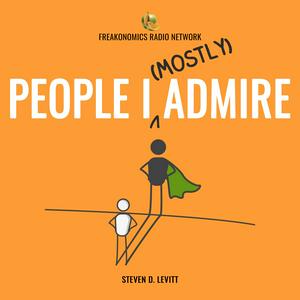Geen reclame. Meer Prime.
Geen reclame. Meer Prime.
Geen reclame. Meer Prime.
Geen reclame. Meer Prime.
De podcast begint in
- 0 sec.
6. Nathan Myhrvold: “I Am Interested in Lots of Things, and That's Actually a Bad Strategy”



People I (Mostly) Admire